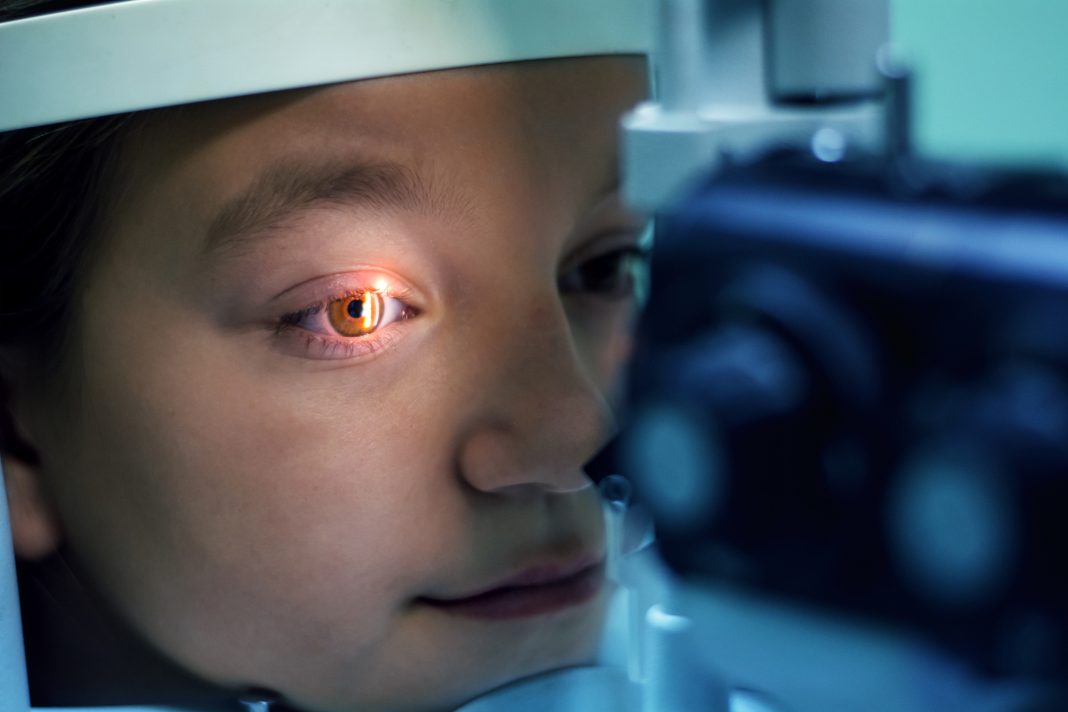Keith Valentine, Chief Executive of Fight for Sight and Vision Foundation, shares how these newly merged organisations are driving efforts in sight loss research to improve patient care
We can save sight and change lives. It is a statement that drives me daily as the Chief Executive of the newly merged Fight for Sight and Vision Foundation.
Research is at the core of our mission – and Fight for Sight is proud to be the UK’s biggest charitable funder of sight loss research. As of 31 March 2022, our overall research commitments amounted to £6.9m across 118 research projects at 35 different institutions across the UK. In addition, new grants in 2022/23 amounted to £2.31m.
We have just announced funding for eleven new projects into sight loss, with more to come.
Why does sight loss research matter?
We are committed to funding leading researchers, many of whom we have supported from early on in their careers. Our funding is vital, given that sight loss research is underfunded compared to other research areas. By comparison, the personal and societal costs are high.
In 2018, just over 1.5% (£24m) of the £1.4bn that UK Research and Innovation, government and other public bodies invested in medical research was for eye research.
People with severe sight loss reported one of the lowest quality-of-life scores compared with many other serious conditions. Every year, sight loss costs the UK economy more than £25bn – the majority of which lies outside health and social care.
Some 50% of sight loss is preventable; science can save sight and change lives.
Much of the research we fund is lab-based studies and clinical trials. For example, Professor McLaren’s clinical trial discovered that gene therapy could significantly reverse sight loss. Before that, we had only talked about slowing retinal degeneration, not reversing it. Listen to a podcast featuring Professor MacLaren and one of the trial participants here.
At the cutting edge of sight loss research developments
We are leveraging scientific and technological discoveries to accelerate breakthroughs. For example, we are funding Dr Nina Milosavljevic at the University of Manchester, who is working in optogenetics, a cutting- edge new treatment approach to restore some vision in people with retinal degeneration.
Sight loss research is also tapping into developments in genetics. For example, one researcher has developed a genetic test that could identify children at risk of developing short-sightedness in later life. Many of our researchers have benefited from the Human Genome Project which has allowed opportunities to investigate the underlying genes causing sight loss conditions.
Others are using technological breakthroughs in Artificial Intelligence (AI) to advance research into sight loss; they are using AI to improve the diagnosis and treatment of birdshot uveitis and to detect Alzheimer’s disease in the retina.
Our research supports breakthroughs in varying forms of sight loss from rare inherited conditions to those prevalent in an ageing population – and at every stage of a person’s journey from prevention to diagnosis and treatment.
Impacting the lives of people living with sight loss
However, research is just the start of the journey and legislative changes are needed if we are to bring research out of the lab to where it can impact people affected by sight loss. Professor MacLaren’s potentially life-changing work is a prime example of this.
“Some 50% of sight loss is preventable; science can save sight and change lives”
We are also experiencing a nationwide skills shortage of ophthalmologists. Through our merger with Vision Foundation, we are also funding social impact studies to enhance the lives of people with sight loss.
It is an exciting time for me, the charity, and researchers in the field. I look forward to creating a better and more equitable future for people affected by sight loss. As our strategy evolves, we will do this through grant-making for research and social impact studies.
We will monitor our impact closely and use this to shape policy, save sight, and change lives. Plus, we will listen closely to the patient’s voice and amplify it to drive future policy.
Learn more about our research funding and how to apply.


